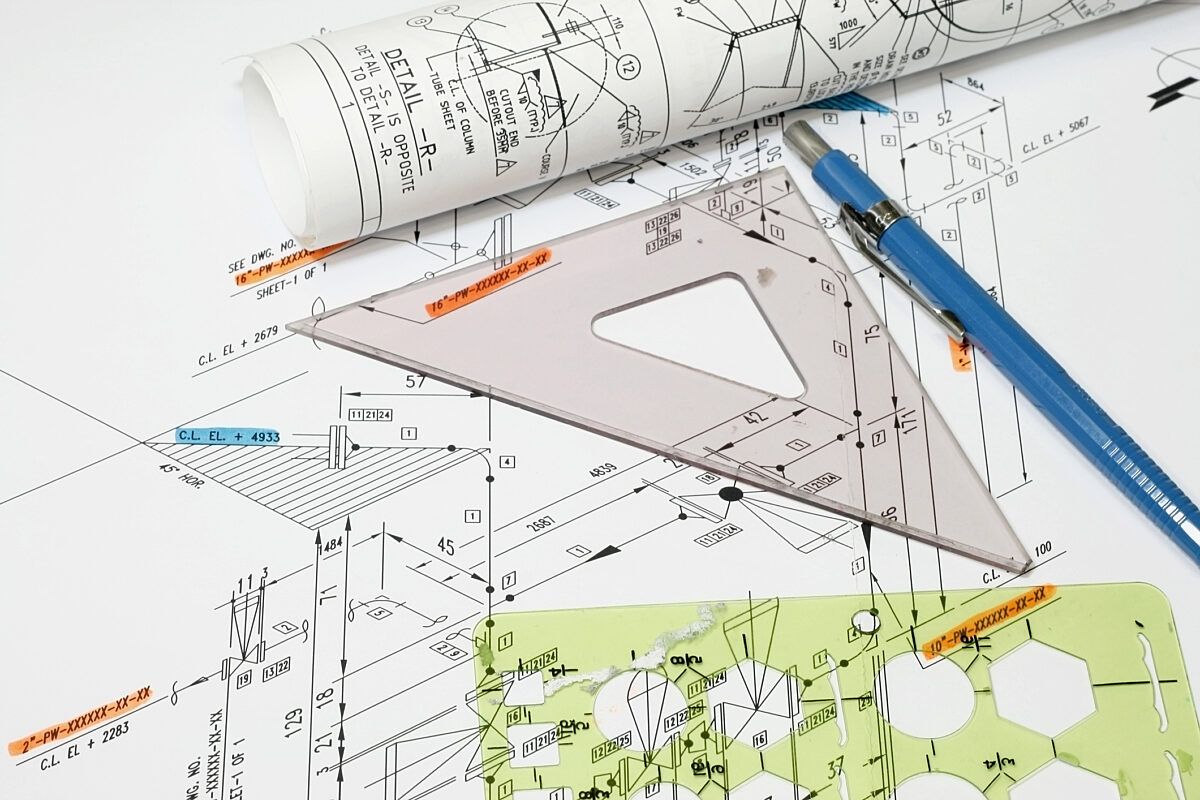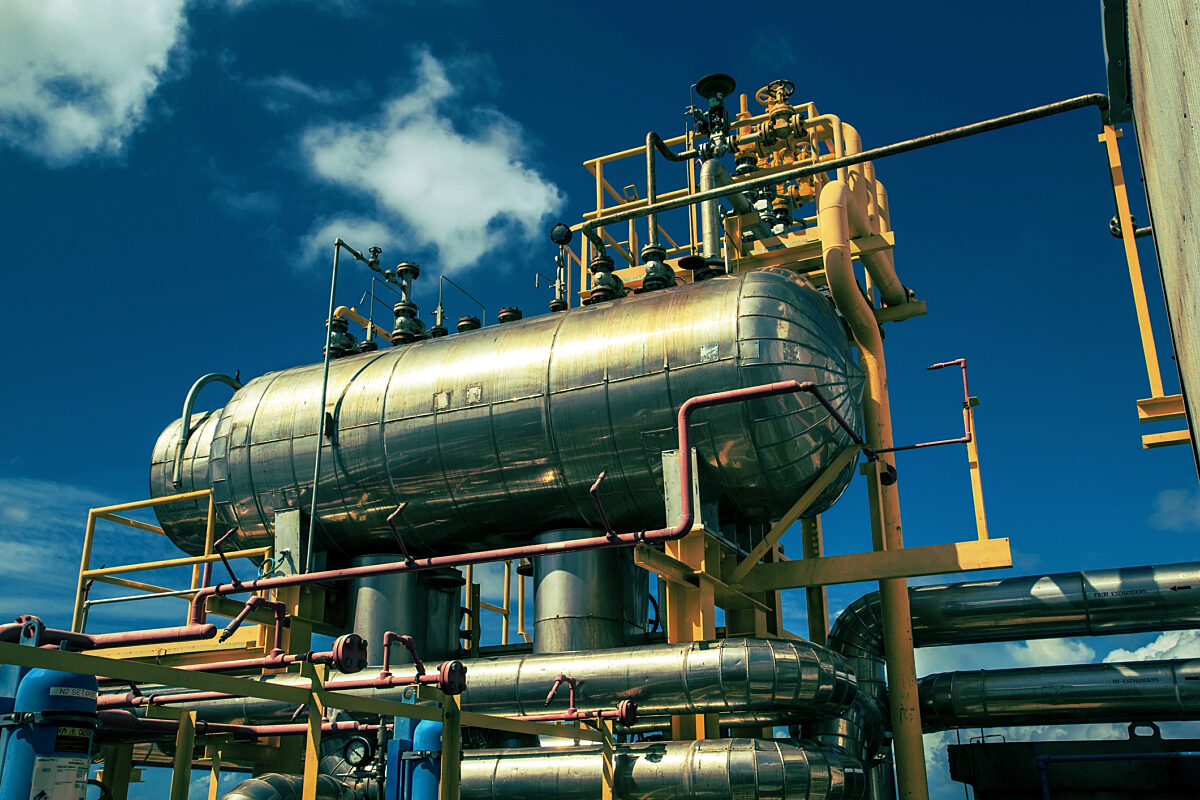Courses

Based on a personal interview we draw your personal knowledge matrix which will give you a visual overview of your current and required competences to boost your carreer. Our training courses can be adapted to your organisations' business-critical objectives to support your projects.
All our courses will be offered in a hybrid form depending on the specific needs of the participants and course outcomes. Based on a personal participants' experience and supported by the expertise of the teachers, we offer an engaging format. When the formal part of the training has been completed, we still believe in the added value of sustainable knowledge sharing in order to achieve thought leadership.




